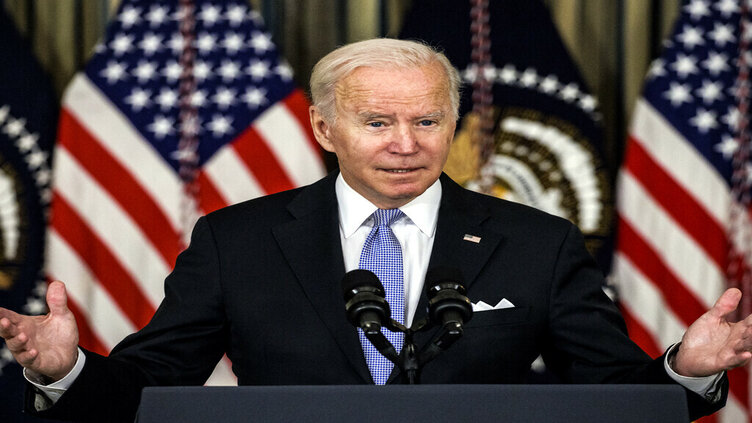US Congress votes to block ESG investing but Biden anticipated to veto it

Business
Republicans prepared to take on longtime partners in Wall Street, corporate America
WASHINGTON (Reuters) - President Joe Biden will likely veto the Republican-sponsored legislation after it was approved by House on Wednesday. The legislation would forbid pension fund managers from basing investment choices on issues such as climate change.
A resolution to reverse a Labor Department regulation that made it simpler for fund managers to take environmental, social and corporate governance (ESG) problems into account for investments and shareholder rights choices, such as through proxy voting, was approved by the U.S. Senate 50–46.
The result showed that Republicans are prepared to take on their longtime partners in Wall Street and corporate America who adopt what party legislators refer to as "woke," liberal habits.
Joe Manchin and Jon Tester, two Democratic senators, joined the Republican party in voting. In 2024, both are up for reelection in states that lean Republican. On Tuesday, the bill was approved by the House of Representatives' Republican majority.
Biden will reject the legislation, according to the White House.
Republicans argue that the regulation, which applies to plans that invest $12 trillion on behalf of 150 million People, will politicise investment by enabling plan managers to support liberal causes, which would be detrimental to performance.
The bill's Republican proponent, Senator Mike Braun, stated that it merely states that the financial return on investment must be the main consideration.
The Ukrainian War's aftereffects, collapsing financial markets, and political reaction against the sector in the United States all hurt ESG funds in 2022. As a result of the meteoric rise in fossil fuel shares, which they generally avoid, those funds underperformed non-ESG funds for the first time in five years.
To circumvent the traditional 60-vote Senate barrier, Republicans utilised a provision called the Congressional Review Act to challenge the Labor Department rule.
As the 2024 presidential campaign ramps up, they are anticipated to undertake comparable initiatives on other problems in the ensuing months.

